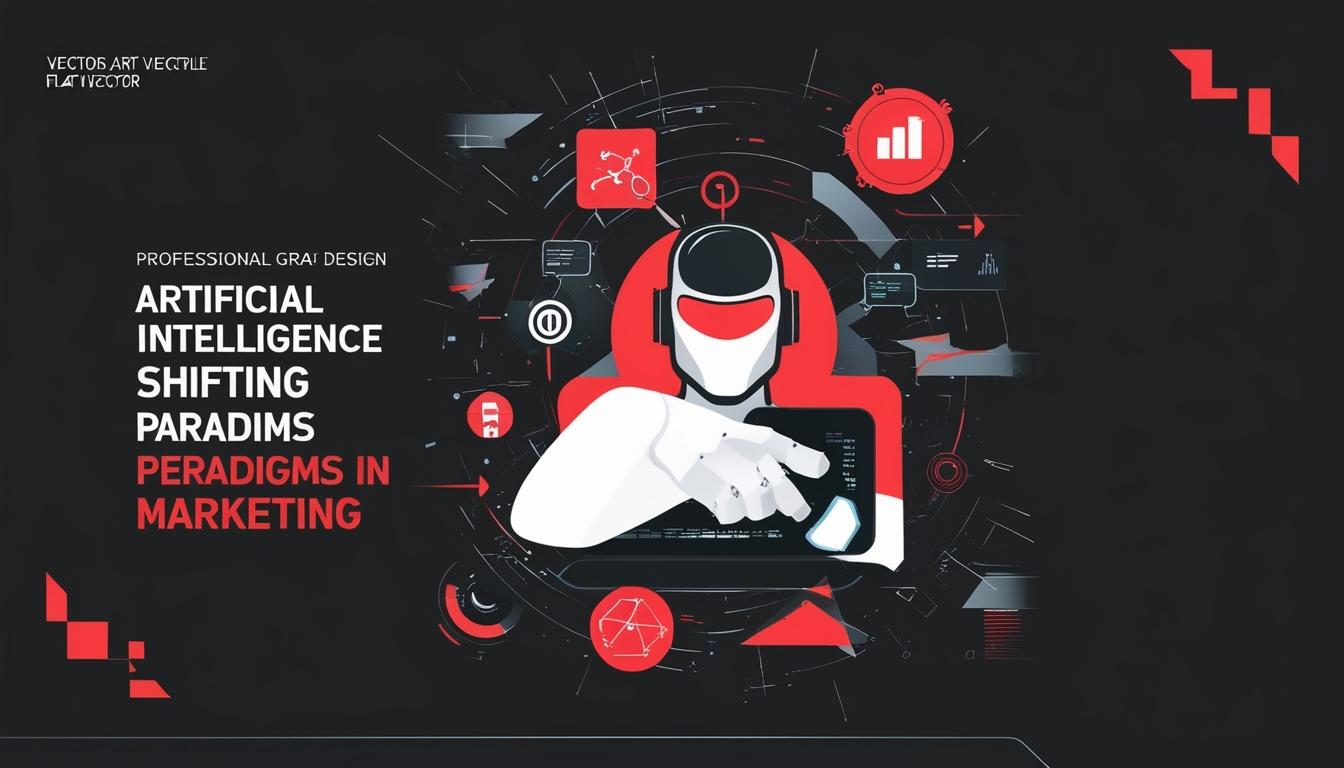During the Consumer Electronics Show 2025, Shelly Palmer, a renowned advisor, academic, and author, delivered a thought-provoking keynote address at the Innovation Series Breakfast that scrutinised the current state and future trajectory of artificial intelligence (AI) in marketing and broader business practices. Palmer initiated his remarks by stating, “First of all, this is the weirdest CES I’ve ever been at... And the reason is, it’s a super hot mess.” His observation reflected a chaotic atmosphere at the show, indicative of competing visions and a lack of clear direction in the technological landscape.
Palmer outlined a significant shift in marketing paradigms, asserting, “Every single marketer in this room is going to be marketing to bots.” He explained that the focus of marketing strategies is transitioning from individual consumers to various personas associated with devices. He elaborated that modern devices can embody multiple personas—“maybe I’ll have a private persona. Maybe I’ll have a dating persona,”—and that these digital avatars will become the targets for marketers, replacing the traditional ad ID identifiers.
He stressed that businesses must adapt to the advancements in AI-driven “agentic systems,” which are increasingly assuming decision-making roles and refining user profiles. Palmer warned that reliance on traditional workflows is becoming obsolete, stating, “If you’re not ready, you’ll be left behind.” His insights into the operational shifts hint at a larger trend towards super-automated processes and multi-agent systems in business environments.
Furthermore, Palmer raised concerns about the future of search engines, particularly Google, which he posited is facing an existential challenge. “It is the end of link-based search. This is absolutely right – Google’s killed themselves,” he remarked, identifying AI summarising tools like ChatGPT as alternatives that satisfy users' needs without navigating through traditional advertising or links. He noted that platforms providing direct answers sacrifice click-through rates, which fundamentally disrupts the existing advertising ecosystem.
A notable part of the keynote was his examination of the artistic process versus execution in the age of AI. “We make a gigantic mistake in our society. We conflate creativity and execution,” Palmer said, indicating that while AI may excel at execution, human creativity remains paramount. He illustrated this point with visuals contrasting an expressive oil painting and a technically proficient yet uninspired reproduction, prompting the audience to rethink their role in a world increasingly influenced by automated execution.
Palmer also placed current technology trends in a historical context, pinpointing November 30, 2022, as a crucial marker—the “CG boundary.” He asserted that this date signifies a major shift in how content is created, stating, “We are no longer the sole writers of our own history and we never will be again.” He cautioned against the potential dangers of monoculturalism spawned by generative technologies, highlighting a need for diverse perspectives in the creation of digital content.
As he wrapped up his address, Palmer presented a vision for the future that includes both monumental challenges and tantalising innovations. He queried the sustainability and viability of training AI systems, addressing concerns about energy consumption that have led companies like Meta to explore nuclear energy. “Is the future large language models and hyperscalers spending billions of dollars... or is the future a 14-year-old... coming up with a way to train a model that’s equal to GPT-4?” The ambiguity surrounding these questions underlined the complexity of navigating technological advancements.
Concluding his keynote, Palmer emphasised the necessity for leadership in adapting to the rapid evolution of technology, stating, “Stop thinking about AI as a technology issue. It’s a leadership issue.” He urged the audience to embrace innovations in workflow and execution without conflating creativity with mechanistic processes, leaving those in attendance to reflect on the profound ramifications of these emerging technologies in shaping the futures of their businesses and the broader society.
Source: Noah Wire Services
